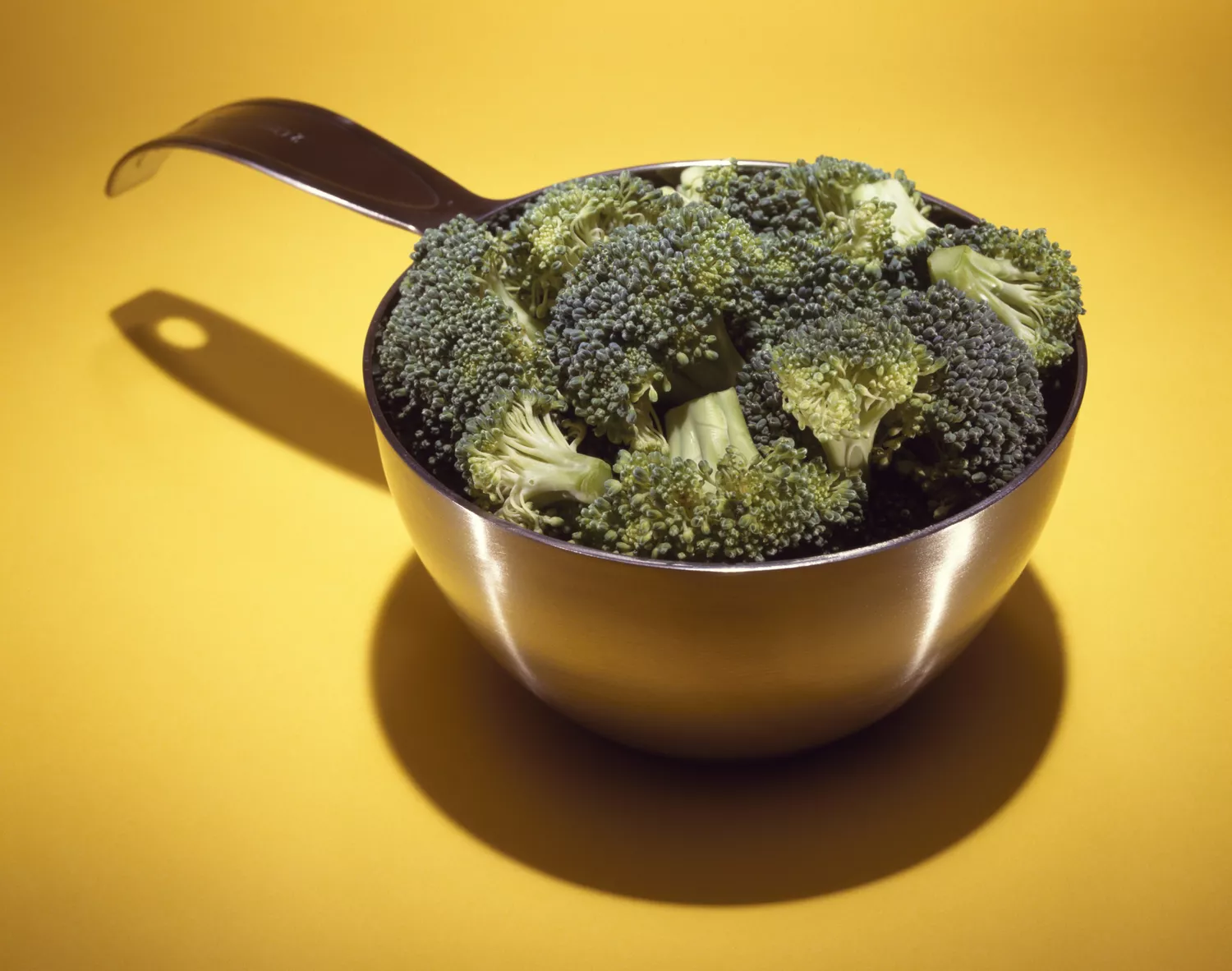Quiting pleasant deals with can be difficult, however not all sugar options coincide. People adhering to a low-carb or low-sugar diet regimen typically transform to low- or zero-calorie sugar to aid them stick to their program. Some sweeteners like maltitol still give calories and influence blood sugar.
What Is Maltitol?
Maltitol is a sugar alcohol– a carb that is neither sugar nor alcohol– made by minimizing maltose. It is used as a sugar replacement that causes a slower rise in blood glucose and insulin than d-glucose or sucrose. Maltitol is incompletely digested in the human digestive system.1 For these factors, it is often advised for those with diabetes.2.
Maltitol is similar to sugar in taste, structure, and interaction with other components. Sugar alcohols are frequently utilized in low-carb or sugar-free products such as candy and nourishment bars.3.
Sugar alcohols are located normally in some fruits and vegetables, and may be readily created. Products that make use of maltitol and various other sugar alcohols, such as erythritol, as sugar can be called sugar-free despite the fact they might still impact blood sugar.
Types of Maltitol.
Maltitol is readily available in granular, powdered, and liquid syrup forms. The fluid kind works best if you use it to sweeten your tea or coffee. You might have the ability to use maltitol syrup as opposed to corn syrup or honey in some recipes. Most of the best protein bars have maltitol or other sugar alcohols.
Maltitol Syrup.
Maltitol syrup is made from hydrogenation from high-maltose sugar syrups, is 60% to 80% as wonderful as sucrose, and has around 3 calories per gram.4 It appropriates for individuals with diabetes mellitus and those that want to lower sugar in their diet regimens.

Powdered and Granular Maltitol.
Powdered or crystalline (granular) maltitol is a sugar alternative, but it’s not a one-for-one substitute. It’s approximately 80% to 90% as pleasant as sugar but contains over half the calories.1 It’s made use of regularly in sugar-free items you find in stores. Baking with powdered or granular maltitol is not always simple, so inspect the plan and specific dish details prior to substituting.
Like sugar, maltitol is a carbohydrate which contains calories. The body does not soak up all the calories in maltitol, but it still offers about 2 to 3 calories per gram, compared with 4 calories per gram of sugar.5 Given that maltitol is a carbohydrate with calories, it additionally affects blood glucose.
Maltitol syrup has a glycemic index of 52, comparable to table sugar at 60. The glycemic index is a measure of the results of food on increasing your blood sugar level. The powdered kind has a glycemic index of 35, which is still greater than the majority of various other sugar alcohols and more than all sweetening agents.
Maltitol is approximated to have around 80% to 90% of the sweetness of sugar.1 Information offered by industry teams tends to offer the 90% number, while other sources claim 75%.
Given that maltitol has three-fourths of the sweetness of sugar, three-fourths the calories of sugar, and three-fourths of the glycemic index of sugar, lots of consumers might consume quarter even more maltitol to get the same impact as sugar.
If you take in slightly more maltitol, you may not obtain a significant advantage when you utilize it as a replacement for sugar. In fact, you’re making maltitol a much more costly way to sweeten your food. Consequently, it may not be the most effective choice for those on keto diet regimens as it isn’t really carbohydrate-free and is often consumed in higher amounts to obtain the exact same degree of sweet taste, limiting the advantages of a sugar replacement.
Benefits of Maltitol.
While maltitol shares some disadvantages with sugar, it does provide notable advantages.
Calorie Reduction.
Maltitol has less calories than sugar, so changing to maltitol instead of sugar can save you calories.1 The increased calorie deficiency might supply a benefit if you are a person who generally consumes substantial calories from sugar daily. Furthermore, it might help you to wean on your own off sugar totally if you gradually decrease the amount you make use of.
Dental Health and wellness.
Maltitol may be better for your teeth than sugar. Scientists have actually studied the use of maltitol items on dental wellness with some positive searchings for.6 Nonetheless, they are cautious regarding recommending maltitol over various other reduced- or zero-calorie sweeteners.
In one report, dental scientists reviewed the impact of sugar alcohol on oral wellness.7 They noted that xylitol products provide one of the most significant benefit for your teeth when utilized as an alternative to sugar. Regarding maltitol, they concluded there is evidence to support that it promotes far better dental health and wellness, however the proof is doing not have on whether it stops cavities.
In another study, scientists reviewed gingivitis and plaque ratings on people that ate gum sweetened with maltitol or xylitol compared to those who did not.8 They found that periodontal chewers who were not normal teeth-brushers gained from boosted saliva circulation.
So, if you utilize gum tissue to alleviate a dry mouth or freshen your breath, changing to a maltitol-sweetened periodontal might help you achieve the exact same benefit without added sugar.
Maltitol may give health and wellness and oral benefits, yet there are blended results about the advantages of utilizing this sugar, specifically compared to others on the market.
Side Effects of Maltitol.
Some people who consume maltitol, especially in large amounts, may experience intestinal gas and cramping. Others may also experience more serious cramping and diarrhea.9 Scientists suggest remaining under 10 grams daily of sugar alcohol to stay clear of adverse effects such as gas, bloating, and diarrhea.10.
If you decide to consume or consume alcohol items with maltitol, begin with a percentage to see just how your body reacts. If you notice side effects or are concerned you may be delicate to maltitol, bear in mind where and when you consume it. Cut down or remove it from your diet if essential. For instance, choose a protein powder that’s either bitter or sweetened with stevia or monkfruit.
Those with IBS or similar signs of gastrointestinal distress may discover maltitol and other sugar alcohols intensify their symptoms.11 If you experience severe symptoms, try a maltitol choice or speak with a healthcare provider regarding your gastrointestinal signs and symptoms to rule out any various other issues you may have. If you are on a low-FODMAP diet plan, you should avoid maltitol.
Alternatives to Maltitol.
There are a number of sugar choices on the marketplace, each with pros and cons. A lot of provide fewer or no calories as compared to maltitol. However some have a taste or structure that you might not prefer.
The very best choices to items with maltitol are normally made with erythritol, which might combine the active ingredient with various other sweetening agents like sucralose (Splenda) for ideal taste and appearance.
Make use of a low-calorie sweetener like stevia with much less than 4 calories and zero carbohydrates per package. Stevia is considered a much more “all-natural” sweetener12 and is preferred by some therefore, so it’s generally utilized in whatever from water flavorings and protein shakes to cooking mixes. Stevia additionally has a zero glycemic index, making it a secure option for people with diabetes mellitus and those adhering to a low-carb or low-sugar eating strategy.


